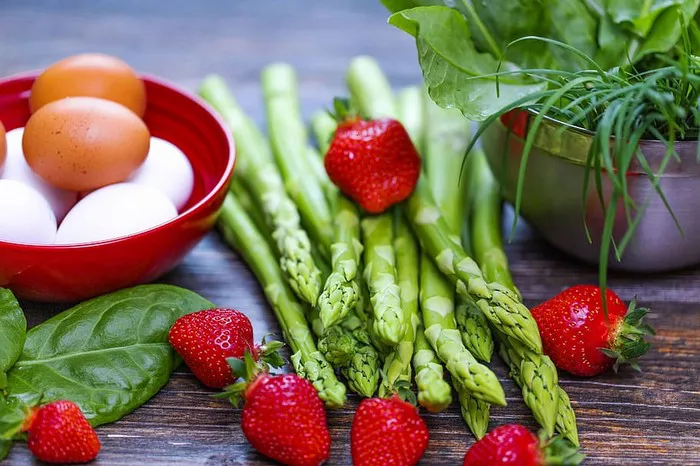In C Pam Zhang’s newly released novel, “Land of Milk and Honey,” the author paints a haunting portrait of a world ravaged by environmental catastrophe. Set against the backdrop of a mysterious global smog crisis, the story unfolds in a bleak future where traditional sources of sustenance wither, leading to widespread famine and scarcity.
The narrative follows an unnamed chef, grappling with the dwindling prospects of her culinary craft. As the once vibrant landscape succumbs to the smog’s devastating effects, essential food sources such as fruits, vegetables, wheat, and rice become extinct. Livestock and wildlife face dire shortages, thrusting humanity into the clutches of hunger. Everyday indulgences like pesto, meat, and mangoes are replaced by drab rations of government-issued mung-protein flour. In this grim new reality, the chef finds herself questioning the very essence of her vocation, as Zhang poignantly reflects, “Chef had lost its meaning, like lucky, like fresh, like soon.”
Craving the taste of olives and the fleeting sensation of verdant flavors, the chef resorts to embellishing her resume to secure a coveted spot at a clandestine facility nestled in the Italian mountains. This secluded community, funded by affluent investors and government partnerships, is dedicated to the preservation of heirloom crops and the genetic engineering of resilient varieties capable of withstanding the planet’s hostile conditions.
As the community’s personal chef, the protagonist is surrounded by an abundance of once-rare delicacies: eggs, strawberries, vanilla, butter, and exquisite meats. Her role is to craft impeccable meals and serve lavish banquets to the facility’s residents and esteemed guests. However, the utopian “land of milk and honey” reveals its dark underbelly, and the chef grapples with the moral dilemmas lurking beneath its lavish exterior.
In “Land of Milk and Honey,” Zhang embarks on a sumptuous and thought-provoking exploration of pleasure in a world where pleasure itself is a luxury. The novel raises poignant questions about who has access to such indulgence, who ultimately benefits, and what true desire looks like when the comforts we take for granted are stripped away by the relentless forces of environmental upheaval.






















